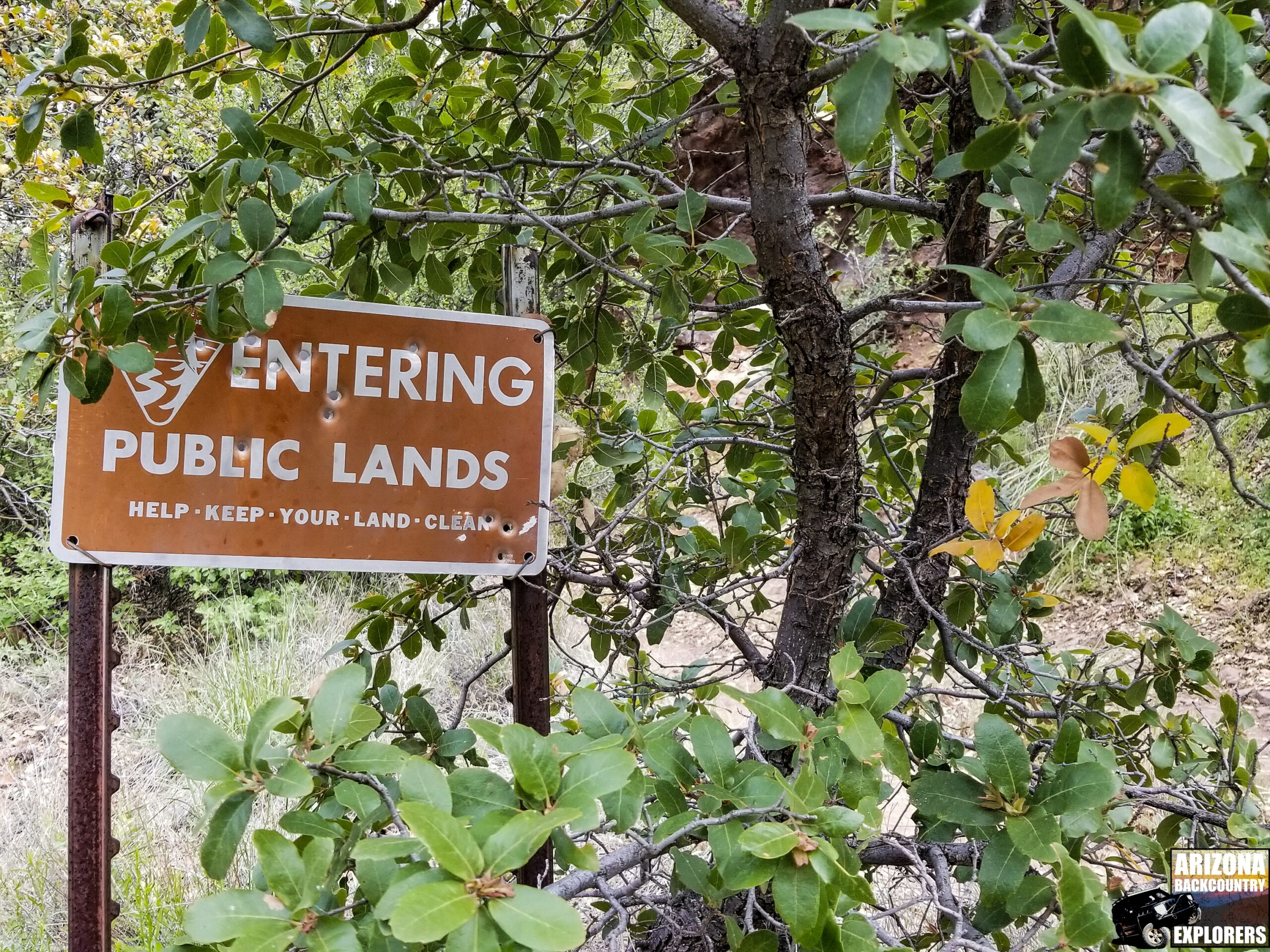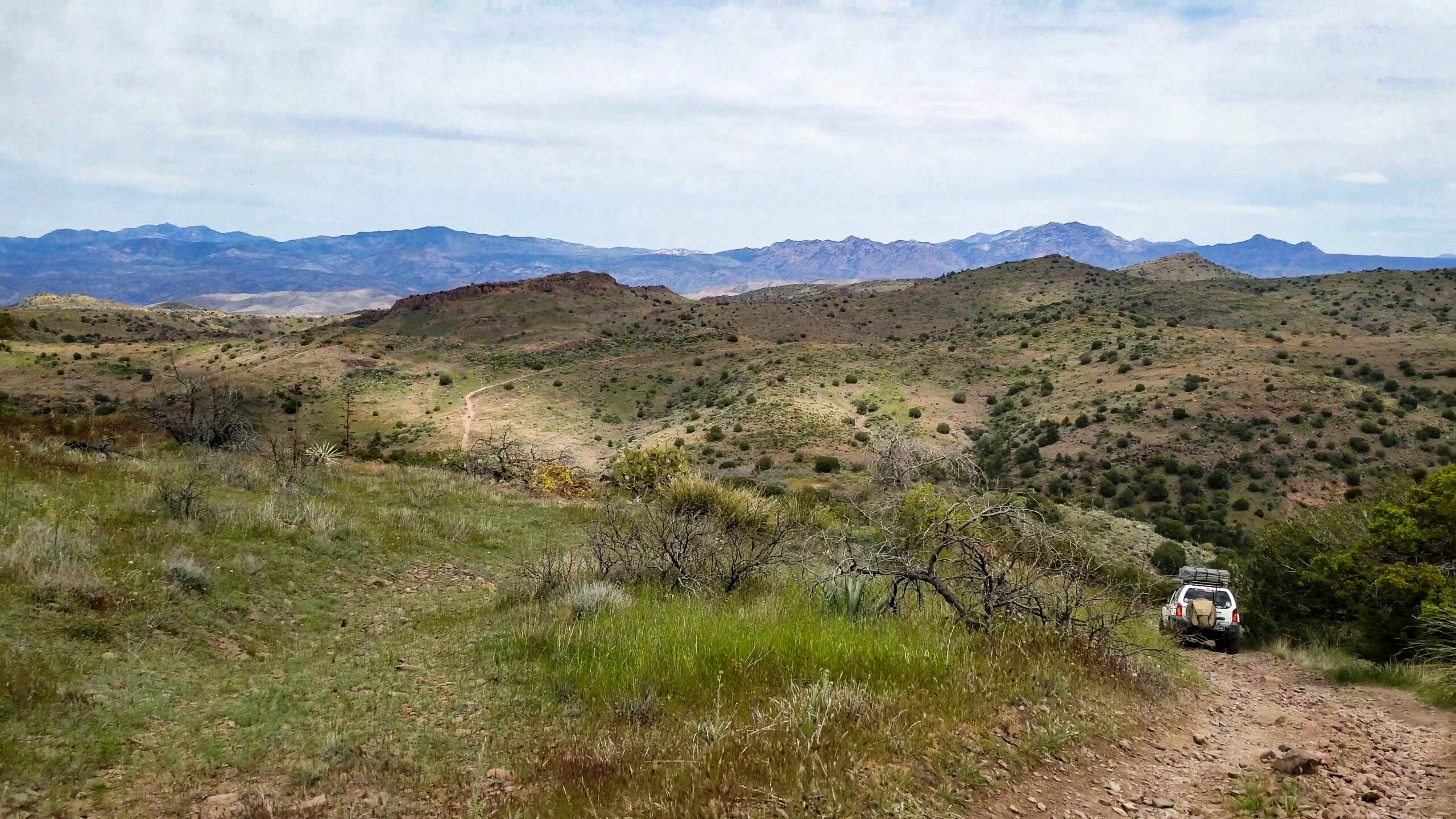Your cart is currently empty!
Posted in
Last week, Representative Liz Cheney (R-WY) filed a 30 x 30 bill promoted to protect property rights and guard against federal overreach. However, the language fails to deliver the promised relief, raising the question as to why the Representative filed her own bill instead of joining her colleagues by co-sponsoring “The 30 x 30 Termination Act,” H.R. 3014, filed in the House last May.
H.R. 3014 is sponsored by Colorado’s Lauren Boebert. Twenty-six of her colleagues have co-sponsored the legislation, and a companion bill is filed in the Senate (S. 1673) by Senator’s Marshall (R-KS) and Cramer (R-ND). The Cheney bill has no co-sponsors to date, and only a few public supporters, namely entities who are pro-federal conservation partnerships.
The Biden Administration has come under substantial criticism for attempting to implement the progressive left agenda known as 30 x 30, intending to “permanently protect 30 percent of our lands and oceans in their natural state, by 2030.” It has been appropriately labeled a “land grab,” and has caused the Administration to rebrand the effort, “America the Beautiful.”
The more palatable marketing campaign has caused those entities who benefit from programs being used to reach 30 x 30, such as conservation easements in perpetuity, to claim the Administration is listening to them, and therefore, take a “wait and see” approach instead of coming out opposed to the agenda. The Cheney bill is a good example of how moderates perform the political “balance act” to appear in opposition to the initiative, while failing to offer any meaningful resistance.
Comparing the two bills, Cheney’s effort falls short of the strong protections found in Boebert’s H.R. 3014 bill.
The two bills have one element in common — they both prevent the implementation of any programs by executive orders, or reports such as “America the Beautiful,” that seek to implement 30 x 30. However, the Boebert bill takes this a step further by preventing any federal funds from being expended on programs related to 30 x 30. It reads:
“No Federal funds may be used to implement, administer, enforce, or carry out any report or program substantially similar to the section referred to in subsection (a).” (Boebert Section 2(b))
The Cheney bill does not include similar language, and therefore fails to prevent the Administration from implementing the initiative through existing authorized programs. The Boebert language cuts off federal funding for “any” effort “substantially similar” to the 30 x 30 initiative, effectively plugging this loophole.
The second provision in the Cheney bill prevents the federal government from mandating “that a State, Tribal, or local government adopt, or participate in, specific conservation practices developed as a result of a report or recommendation initiated pursuant to a covered Executive order or campaign.” This language, however, does not prevent the federal government from using existing programs to restrict landowners, it only applies to those developed specifically for 30 x 30.
A third provision of the Cheney bill requires that federal land acquisitions must be voluntary, and that when acquisitions are made, the federal government must pay the property tax to the States and counties at the rate the private landowner would have paid. Considering that federal condemnation cases are rare, this again attempts to solve a problem that is unlikely to occur.
The 30 x 30 initiative is not being implemented directly, but through currently authorized federal programs, such as the conservation reserve program, wildlife mitigation corridors, conservation easements in perpetuity on private lands, and other existing federal programs. Federal land acquisitions will likely be used, but to a limited effect given limited funding, making it only one small tool in the Administration’s toolbox to implement 30 x 30.
The Cheney bill, if enacted, would not stop the Biden Administration’s 30 x 30 initiative.
In contrast, the Boebert bill is a sophisticated approach to prevent 30 x 30 from being implemented through any program or vehicle the Administration already has the authority to use.
Additionally, H.R 3014 includes provisions that provide essential relief to States already encumbered with large federal land holdings. For instance, it prevents federal land acquisitions in States that have 15 percent or more of their lands federally owned. That is, “any” federal land acquisitions, voluntary or involuntary, are prevented.
It also calls for a no-net loss of multiple-uses on federal lands. This is important for Wyoming, which is 48.1% federally owned, and has already been impacted by the Biden Administration’s moratorium on new oil, gas, and coal developments on federal lands.
Wyoming landowners have been vocally opposing 30 x 30, and several counties and special districts have made their position formal by resolution. Last week, an op-ed submitted by Harriet Hageman, a Wyoming attorney and former candidate for Governor, was widely published in newspapers across the state, setting forth the many reasons people in her State should be opposed to the land grab.
No doubt Cheney has heard from her constituents on 30 x 30, but unfortunately, her response will not protect the people from this internationally pushed agenda to control 30 percent of American’s land.
Call Your Congressional Leaders
We highly recommend that you contact your Congressman and Senators if they have not formally signed onto H.R. 3014 or S. 1673, The 30 x 30 Termination Act. Even if your Congressional leader has previously signed letters opposing 30 x 30, it is important that they formalize their opposition by co-sponsoring this bill. Make sure they are aware that H.R. 3014 and S. 1673 are the only bills filed that effectively stop the program from being authorized or implemented.
Here are the U.S. House Representatives who are the current co-sponsors of H.R. 3014:
Lauren Boebert (R-CO), Michael Guest (R-MS), Chip Roy (R-TX), Scott Perry (R-PA), Ted Budd (R-NC), Ronny Jackson (R-TX), Doug LaMalfa (R-CA), Ken Buck (R-CO), Dan Bishop (R-NC), Pat Fallon (R-TX), Tom Emmer (R-MN), Randy Weber (R-TX), Don Bacon (R-NE), Andy Biggs (R-AZ), Paul Gosar (R-AZ), Brian Babin (R-TX), Eric Crawford (R-AR), Michael Cloud (R-TX), Bob Good (R-VA), Jerry Carl (R-AL), Tom McClintock (R-CA), Thomas Tiffany (R-WI), Austin Scott (R-GA), Pete Stauber (R-MN), Jason Smith (R-MO), and Mary Miller (R-IL).
The Senate companion bill (S. 1673) currently only has the two original sponsors: Marshall (R-KS) and Cramer (R-ND). Your Senators need to join them.
Tags:
You may also like…

Visit the AZBackroads.com Store

Please Become A Member
We need your help to keep our backroads open. Please join today!







